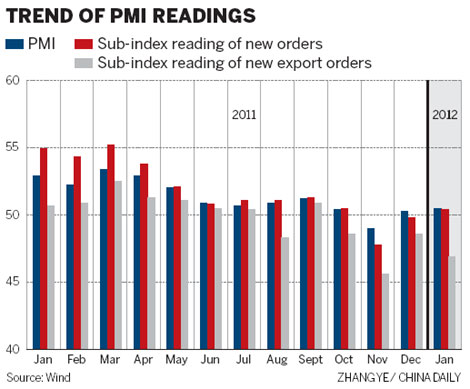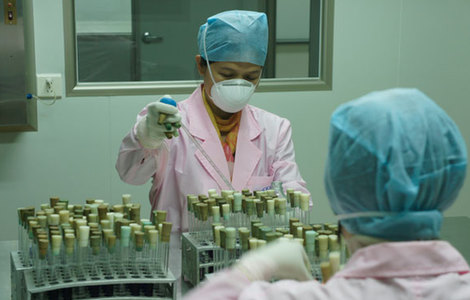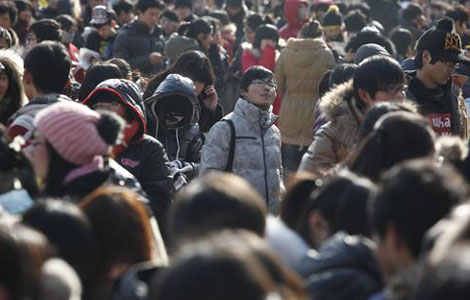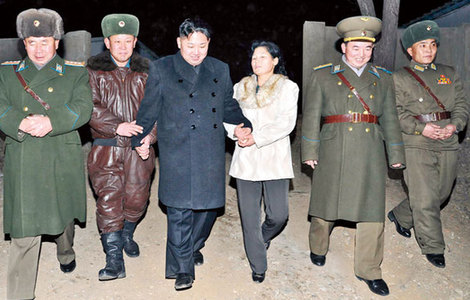Uptick in PMI signals economic stabilization
Updated: 2012-02-02 07:45
By Chen Jia and Wang Ying (China Daily)
|
|||||||||||
"External shocks may bring more threats in the coming months," although China's economic deceleration was likely to stabilize, said Zhang Liqun, a researcher with the Development Research Center of the State Council.

Ding Mingquan, who runs a swimsuit factory in Jinjiang of East China's Fujian province, said that his new export orders from Europe and the United States for the first half had fallen about 15 percent year-on-year.
"Only by improving production capacity and creating new products can we withstand shocks in the future," said Ding.
Guangdong weakens
The PMI for export powerhouse Guangdong province declined to 43.7 in January from 50.5 in December. It was the first time that the index had dropped below 45 in more than a year.
Pressured by the problems in Europe, a stronger yuan and rising labor costs, many manufacturing companies in Guangdong closed or shifted to other industries in 2011, analysts said.
Zhang said that the world's second-largest economy might cool further this year amid the global gloom.
A report from JP Morgan (Hong Kong) Chase Bank said that first-quarter GDP would likely slow to 8.2 percent, compared with 8.9 percent in the fourth quarter and 9.1 percent in the third quarter.
Zhu Haibin, the chief China economist with JP Morgan, said that a strong economic recovery might emerge in the second half, "benefiting from the effects of domestic policy easing and the improvement in global economic environment".
The economy might also get a boost from fiscal policy, as the authorities would increase government expenditure and adopt structural tax cuts to expand sectors, including affordable housing, social welfare and infrastructure investment, Zhu said.
HSBC Holdings PLC released a separate index on Wednesday that portrayed quite a different scenario.
The bank's PMI came in at 48.8 for January, the third consecutive below-50 reading, compared with 48.7 in December, showing a continued contraction in the nation's manufacturing sector.
Zheng Caixiong in Guangzhou contributed to this story.
China Daily
Hot Topics
Kim Jong-il, Mengniu, train crash probe, Vaclav Havel, New Year, coast guard death, Internet security, Mekong River, Strait of Hormuz, economic work conference
Editor's Picks

|

|

|

|

|

|







